I was intrigued when I first heard about this conference, not just by the topic and alliterative title but also by its location. It sounded like the ideal place to spend some tranquil and snowy days in February. So, I made my way up north to Oslo – which was incidentally the first city I visited for a project about the quality assurance of online courses back in 2016. A smooth train journey took me to reach my destination, Lillehammer. Having left behind the stresses and strains of everyday life, I was taken in by this beautiful town. High firs and sparkling snow – I was in love. I was also open-minded for the many things that just “worked” in Norway – for example the easily accessible WiFi wherever I went and which made it so painless for me to manoeuvre around. And I wondered; was Norway the shining example for a working digital transformation also in higher education?
My pre-conference planning showed that there were many attractive sessions and I was drawn to the big questions for the future of education posed for the event: “Lifelong learning for sustainable development, new jobs and the green shift”, for instance. However, during the conference, I embarked on a journey of my own changing impressions. The first day, and particularly these big debates and huge challenges in the education sector, left me wearied and with more questions than answers. Who is willing to pay for lifelong learning and thus help people to stay relevant? If we need to “learn how to learn”, how can we overcome a learnability divide? How can we leave no one behind? How accessible is learning if, for instance, 80% of MOOCs are completed by so-called high achievers?

Thankfully, Day 2 of the conference with its many breakout sessions provided me with more solutions and ideas. The day took off with the format of a “battle”, where Panellists from the Higher Education sector (but also from the industry and public authorities) competed against each other in their speeches. As the speakers concluded – and not surprisingly – collaboration of the different parties was crucial. My takeaways were also that people need time off to study as, at the end of the day, employer and employee should have the same interest. Learning should be fun and competent teachers that convey digital literacy are needed as well as frontrunners and pilots for lifelong learning. A “coalition of the willing”, a “culture of openness” were the phrases mentioned in other sessions. Later that day, I learnt about the tremendous effort people put into the evolvement of learning cities and that there is a lifelong learning festival in the city of Cork (surely also a nice place to visit). It was also confirmed that OER are a facilitator for lifelong learning and a catalyst to reach SDG 4 (and 5, 9, 10, 11…while we’re on it). Having learnt about the many policies and initiatives, particularly as regards OER, I felt inspired and more equipped.
Day 3 of the conference then fully conciliated me with speakers that offered positive outlooks on the future: Yes, many jobs will be transformed in future years but more new roles will emerge. Yes, generative AI must not be misused but this mighty tool does have the powerful potential to process the increasing amount of data and to educate people that do not have access to teachers. Yes, the quality assurance and comparability debate around micro-credentials persists but they can promote upskilling, inclusion and accessibility. There are many initiatives that I want to take a closer look at this year and I can highly recommend this conference.
By the way, when I left to head back home, I booked my taxi at a little automat next to the hotel reception desk. Needless to say, it worked perfectly and directly send me a booking confirmation to my smartphone. I asked the lady at the reception desk if this particular taxi chain would accept credit cards. “All taxis in Norway will take credit cards.”, she replied.
#alwayslearning #icde #lifelonglearning2023 #digitaltransformation
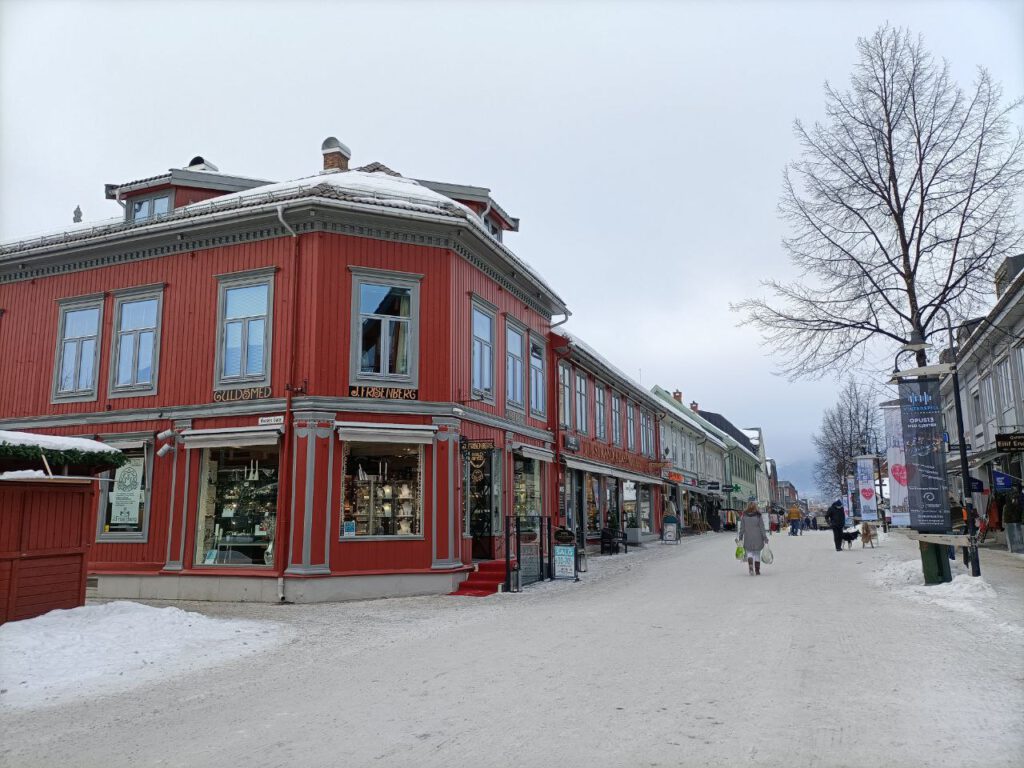

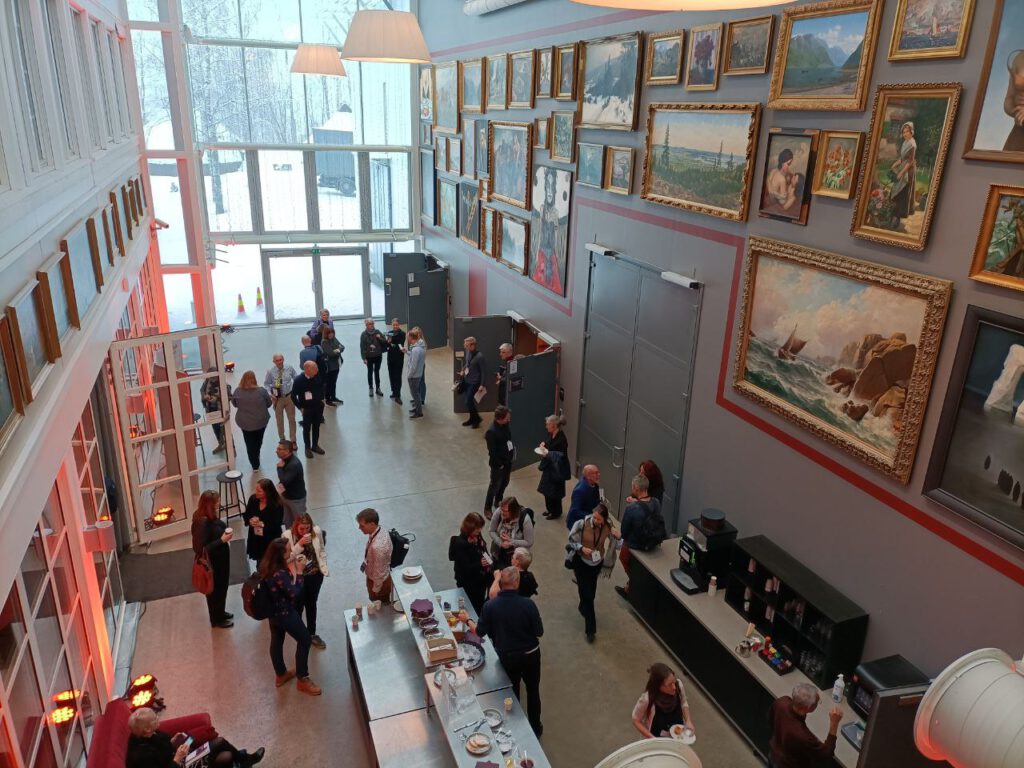
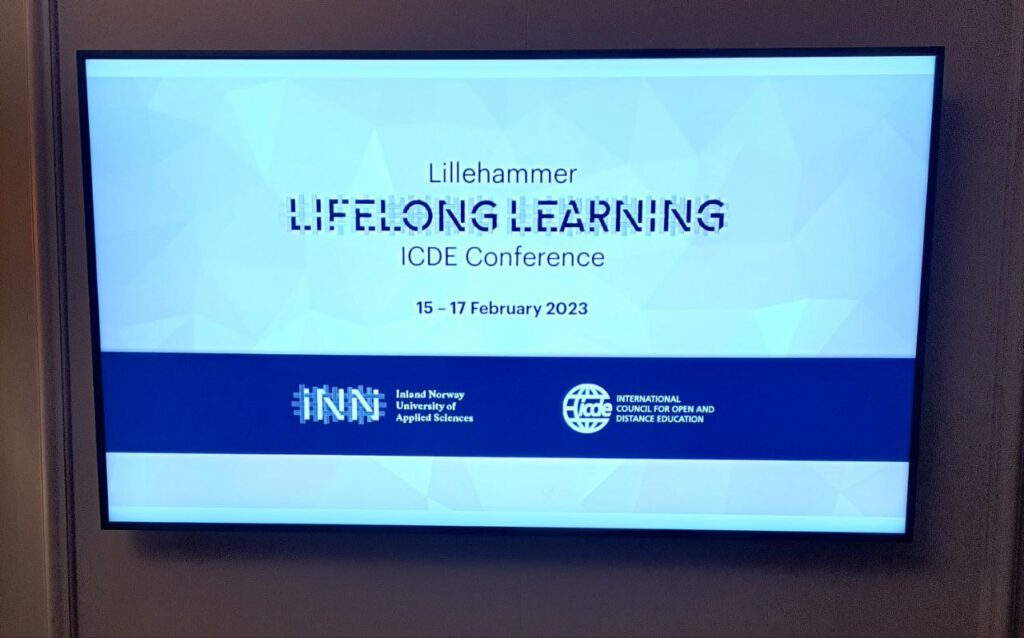
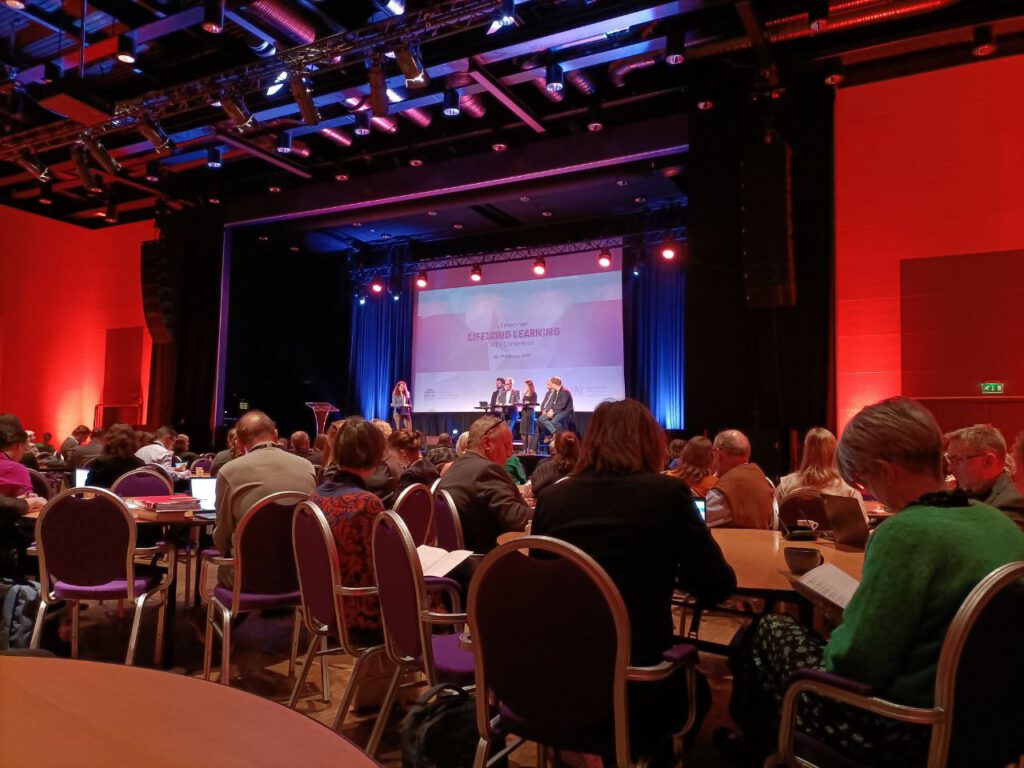
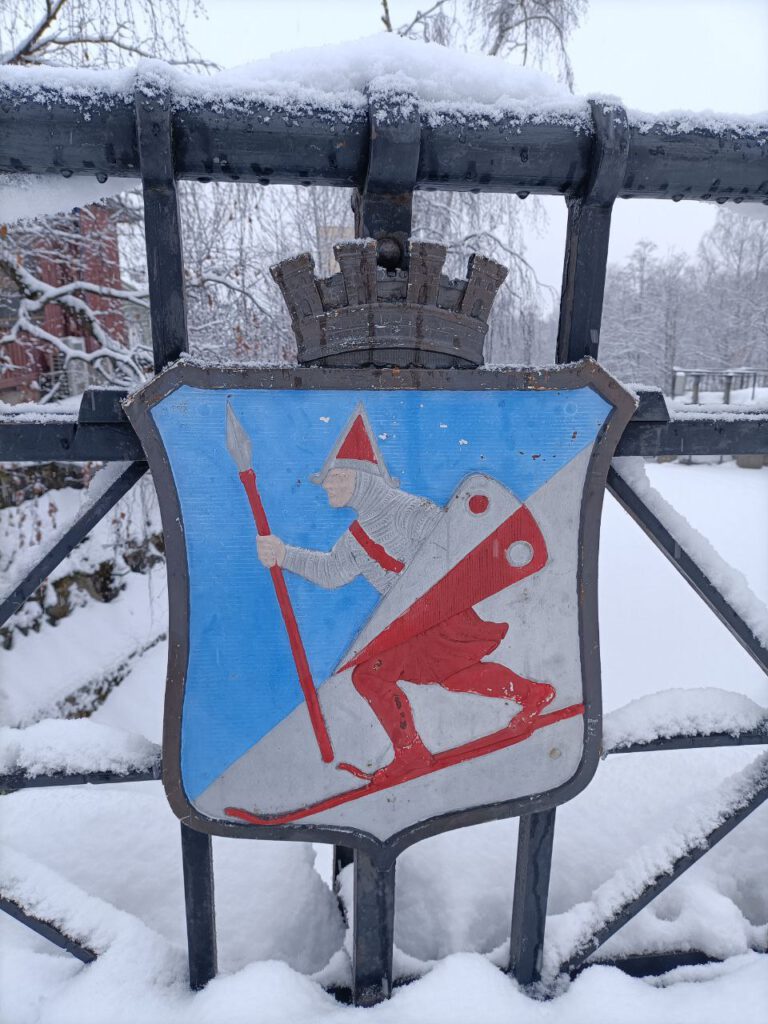
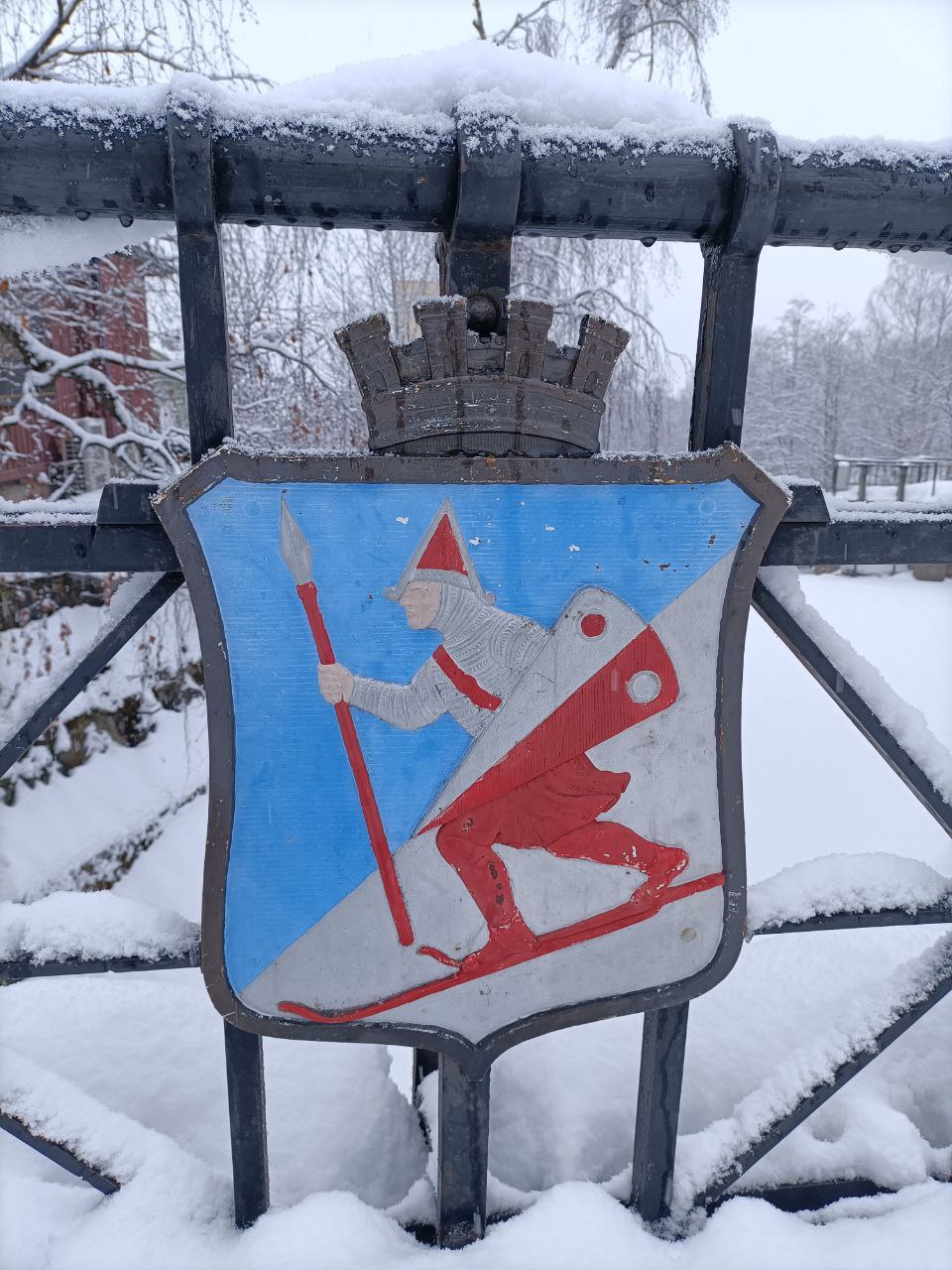
Schreibe einen Kommentar